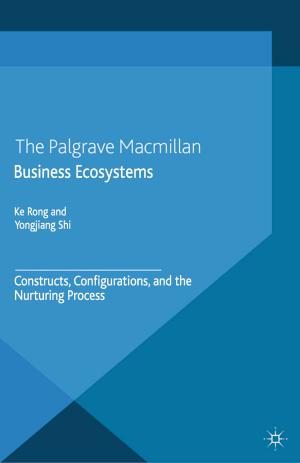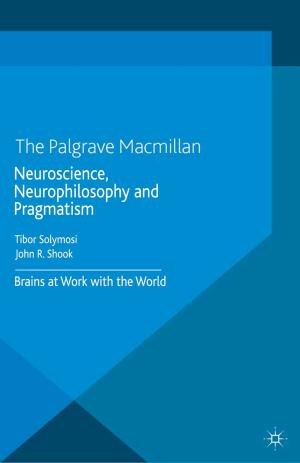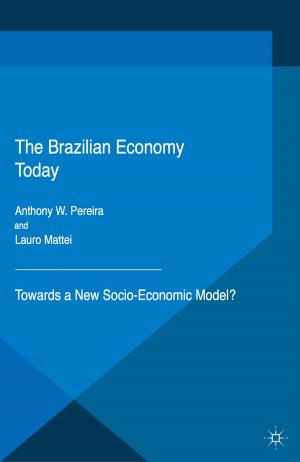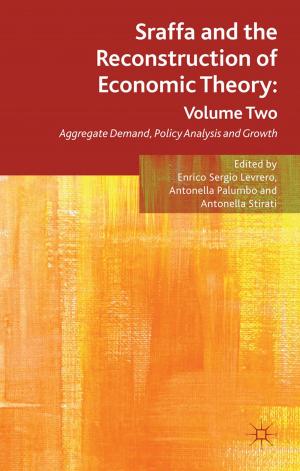Challenging the Mafia Mystique
Cosa Nostra from Legitimisation to Denunciation
Nonfiction, Social & Cultural Studies, Social Science, Crimes & Criminals, Criminology, Sociology, Fiction & Literature, Literary Theory & Criticism| Author: | Rino Coluccello | ISBN: | 9781137280503 |
| Publisher: | Palgrave Macmillan UK | Publication: | April 29, 2016 |
| Imprint: | Palgrave Macmillan | Language: | English |
| Author: | Rino Coluccello |
| ISBN: | 9781137280503 |
| Publisher: | Palgrave Macmillan UK |
| Publication: | April 29, 2016 |
| Imprint: | Palgrave Macmillan |
| Language: | English |
The Sicilian Mafia, or Cosa Nostra, is one of the most intriguing criminal phenomena in the world. It is an unparalleled organised criminal grouping that over almost two centuries has been able not only to successfully permeate licit and illicit economy, politics and civil society, but also to influence and exercise authoritative power over both the underworld and the upper-world. This criminal phenomenon has been a captivating conundrum for scholars of different disciplines who have tried to explain with various paradigms the reasons behind the emergence and consolidation of the mafia.
Challenging the Mafia Mystique provides an analysis of the changes the Sicilian mafia has undergone, from legitimisation to denunciation. Rino Coluccello highlights how, from the very emergence of the organised criminal groups in Sicily, a culture existed that was protective and tolerant of the mafia. He argues that the various conceptualisations of the mafia that dominated the public and scientific debate in the nineteenth and more than half of the twentieth century created a mystique, which legitimised the mafia and contributed to their success. This book will be of great interest to scholars and students of organised crime, Italian politics and Italian literature.
The Sicilian Mafia, or Cosa Nostra, is one of the most intriguing criminal phenomena in the world. It is an unparalleled organised criminal grouping that over almost two centuries has been able not only to successfully permeate licit and illicit economy, politics and civil society, but also to influence and exercise authoritative power over both the underworld and the upper-world. This criminal phenomenon has been a captivating conundrum for scholars of different disciplines who have tried to explain with various paradigms the reasons behind the emergence and consolidation of the mafia.
Challenging the Mafia Mystique provides an analysis of the changes the Sicilian mafia has undergone, from legitimisation to denunciation. Rino Coluccello highlights how, from the very emergence of the organised criminal groups in Sicily, a culture existed that was protective and tolerant of the mafia. He argues that the various conceptualisations of the mafia that dominated the public and scientific debate in the nineteenth and more than half of the twentieth century created a mystique, which legitimised the mafia and contributed to their success. This book will be of great interest to scholars and students of organised crime, Italian politics and Italian literature.















